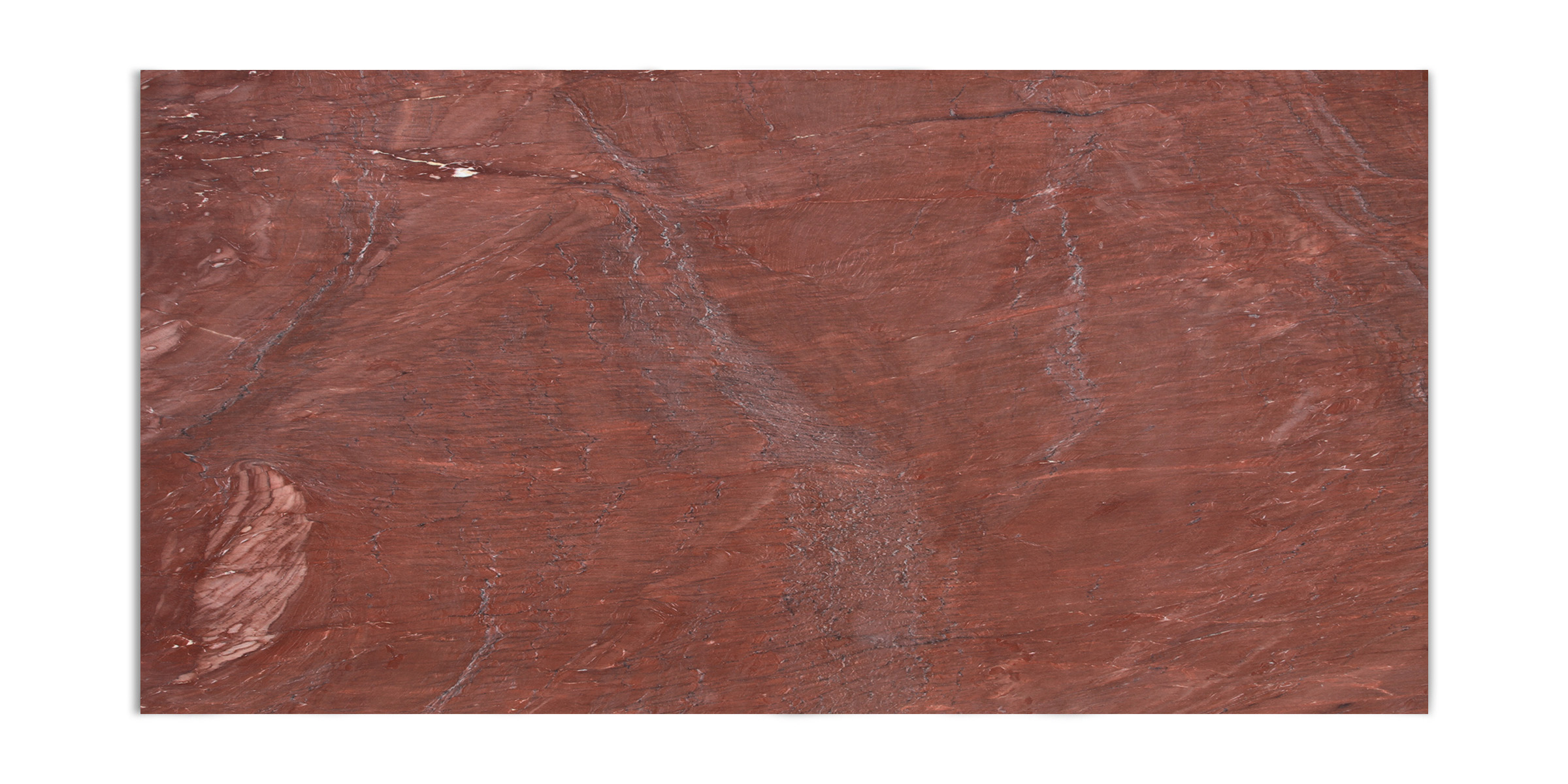Granite countertops are prized for their beauty, durability, and ability to resist heat and stains. However, despite its tough exterior, granite requires special care to maintain its shine and prevent damage. One of the most common mistakes homeowners make is using the wrong cleaning products. Here’s a guide to what you should never spray on granite, and why.
1. Avoid Acidic Cleaners (Vinegar, Lemon Juice, Citrus-Based Cleaners)
Granite may seem indestructible, but it’s surprisingly sensitive to acidic substances. Common household cleaners like vinegar or lemon juice can eat away at the stone’s surface, dulling its polished finish over time. The acid breaks down the sealant on your granite, leaving it more prone to staining, etching, and absorbing liquids. Always steer clear of using acidic cleaners on your granite surfaces.
2. No Bleach or Ammonia-Based Products
While bleach is a powerful disinfectant, it’s too harsh for granite countertops. It can weaken the sealant and cause discoloration, especially on darker stones. Similarly, ammonia-based products can dull the finish and create a cloudy appearance on your granite. Instead, opt for pH-balanced cleaners specifically formulated for stone surfaces.
3. Avoid Abrasive Cleaners and Scrubbing Pads
Granite’s polished surface can be scratched or dulled by abrasive cleaners or scouring pads. Even if you’re dealing with a stubborn stain, resist the temptation to use rough materials. Scrubbing pads or powdered cleaners can leave micro-scratches that dull the surface over time. A soft cloth and gentle cleaner are all you need to keep your granite looking flawless.
4. No Generic Multi-Purpose Cleaners
Not all multi-purpose cleaners are created equal, and many contain ingredients that can harm granite. Products designed for general use may include acidic ingredients, waxes, or oils that can dull your granite’s natural shine or leave a film. Always check labels and choose products made specifically for granite and other natural stones.
5. Steer Clear of Glass Cleaners
It may seem harmless to use a glass cleaner like Windex on your granite countertops, but it’s a common mistake. Glass cleaners often contain ammonia, which, as mentioned earlier, can damage granite’s seal and cause cloudiness or streaks. They can also strip away the protective layer, leaving the stone more vulnerable to stains.
What Should You Use to Clean Granite?
Now that you know what to avoid, here’s how to safely clean and maintain your granite countertops:
- Use a pH-balanced cleaner: Opt for products specifically designed for natural stone surfaces.
- Mild dish soap and warm water: For regular cleaning, a simple mix of gentle dish soap and warm water works wonders.
- Microfiber cloths: Always use soft cloths or sponges to avoid scratching the surface.
Final Thoughts
Granite countertops are an investment, and proper care will keep them looking beautiful for years to come. Avoid using harsh, acidic, or abrasive cleaners, and always reach for products that are safe for natural stone. By following these simple tips of what should you not spray on granite, your granite will stay pristine and resistant to everyday wear and tear.
Remember, a little precaution goes a long way in preserving the natural elegance of granite!

